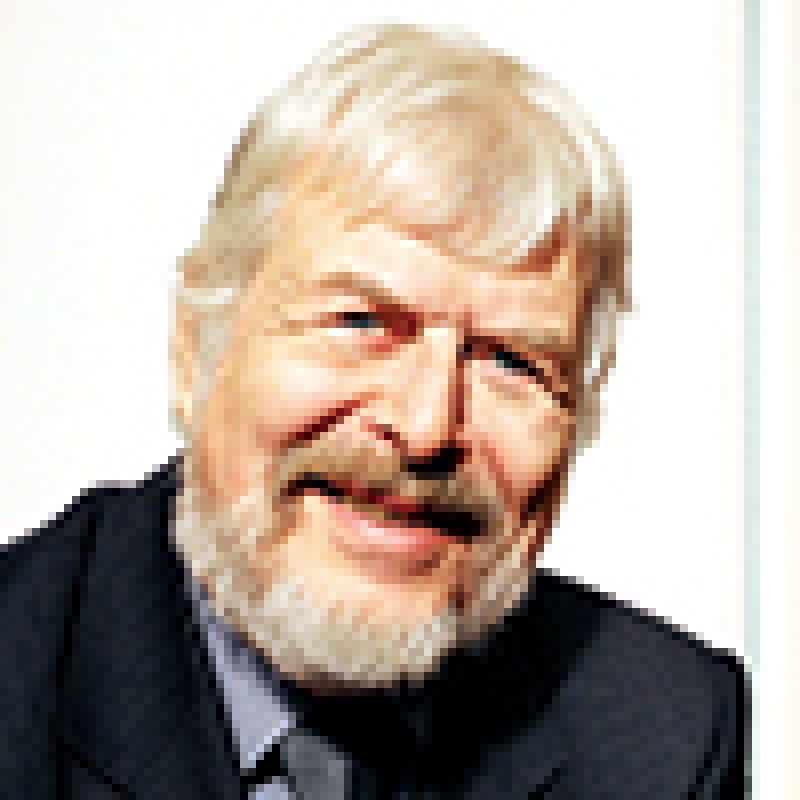The opponent in the case discussed in this article has owned the word mark SEVEN since 2009 and the word and design mark 7seven in a fancy script since 2014. He opposed the registration of the word mark ROOM SEVEN. All these marks were registered for identical goods in international Class 18 (bags). Among other reasons, the defendant stated that the word mark SEVEN was not used during the last five years and that he has used the mark ROOM SEVEN since 1995 in several European countries including Austria without problems. This conflict has already led to decisions in several countries. For example, the Cour d'appel de Paris did not see any danger of confusion in its decision of September 26 2017 since ROOM SEVEN will be seen by consumers as a combination in which the word SEVEN has no particular importance.
The Austrian Appeal Court did not find this convincing. Consumers will see ROOM SEVEN not as one word but as two words with SEVEN having its own meaning. They will note the use of the sign of the defendant for identical goods, which is not a specially defined connection with the opponent. That is enough to establish danger of confusion, especially since the guarantee of origin is already endangered if the use of a sign in the market gives the impression that a connection exists. On that basis as well, the EUIPO (R 955/2012-4) has found danger of confusion between these marks.
The most interesting point here is the defence that due to the long peaceful coexistence of the respective signs, there is evidently no danger of confusion. It is true that the CJEU found in C-482/09 Budějovický Budvar, národní podnik/Anheuser-Busch Inc. that the owner of an older mark cannot achieve the nullity of an identical younger mark for identical goods in cases where both marks have been used honestly in parallel and that through this parallel use the primary function of a trademark, namely to guarantee to consumers the origin of the goods or services, is not impaired. In that case the fact was that the marks coexisted for 30 years and the consumers knew on the basis of the difference of the offered goods that there existed two distinct enterprises using these identical trademarks.
However, in the present case the defendant only asserted that he was active since 1995 and that up to now no confusion had arisen. A mere long coexistence of the marks in the registers alone is not sufficient. What is decisive is the coexistence of the marked goods on the market and the knowledge of the consumers. Here the opposed did not even assert that consumers know that two enterprises sell goods in Class 18 under the sign SEVEN. That would be the precondition to be able to preclude any danger of confusion in the future.
Therefore, the opposition was upheld and the younger mark cancelled.

|
Helmut Sonn |
SONN & PARTNER Patentanwälte
Riemergasse 14
A-1010 Vienna, Austria
Tel: +43 1 512 84 05
Fax: +43 1 512 98 05











